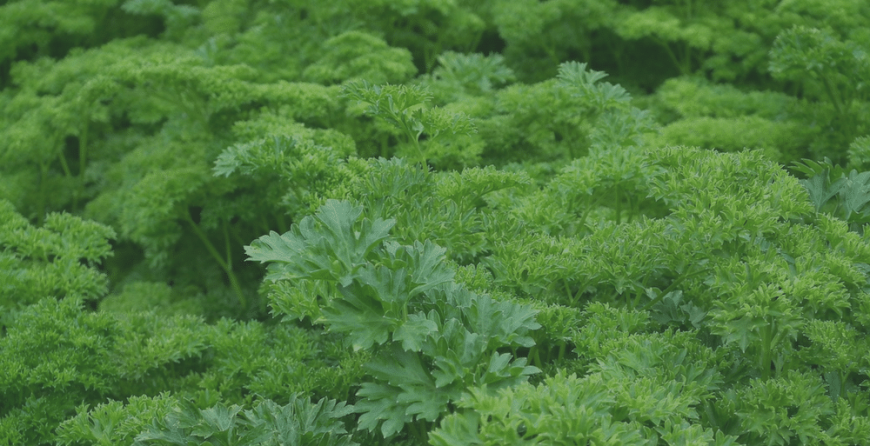 A flourishing garden has plants that don’t have garden pests present or diseases lurking about. There are many ways to keep your plants healthy. One of which is to combine the right varieties of plants. There are plants that are more vulnerable to diseases and pests. You can lower the chances of having unhealthy plants by keeping up with established seeding and planting procedures. Having the right environmental conditions is also very important. Excessive sunlight or water may cause unfavorable results. The following are some suggestions that you can follow to maintain the health of your plants:
A flourishing garden has plants that don’t have garden pests present or diseases lurking about. There are many ways to keep your plants healthy. One of which is to combine the right varieties of plants. There are plants that are more vulnerable to diseases and pests. You can lower the chances of having unhealthy plants by keeping up with established seeding and planting procedures. Having the right environmental conditions is also very important. Excessive sunlight or water may cause unfavorable results. The following are some suggestions that you can follow to maintain the health of your plants:
Soil Condition
Healthy soil is the precursor for healthy plants. Soggy roots brought about by wet soil results to plant rotting. Very wet soil attracts garden diseases and pests. Water is one of the basic needs of plants, but always remember that too much of it, like any other thing in this world, is not good.
Plant Spacing
It is very important to have enough space in between your plants so that they have enough room to grow. Diseases and pests can be transferred very easily in an overcrowded plant bed. There shouldn’t be any competition for nutrients among your plants. Proper spacing also results to better ventilation around each plant, which decreases the probability of fungus growth.
The Correct Choice of Plants
A right selection of garden plants should be taken into consideration. Some plants or cultivars are resistant to various pest and diseases. One of them is the variety called Beef Tomato. This plant is resistant to tobacco mosaic virus and gray leaf spots. Other cultivars are resistant to only a single type of garden disease. This resistance is very important if only one disease is common in your vicinity. Get in touch with a professional who can help you identify the plant diseases local to you.
Follow the established techniques for disease prevention
Make sure to protect your plants properly if they are susceptible to diseases. A solution that protects plants from wilting is derived from pine oil. This helps plants from drying out during the cold season, which leads to a lowered possibility of fungus growth.
Practice organic gardening
Recycling garden and kitchen wastes and increasing soil organic matter are the two most important facts of organic gardening. Composting helps you do both. A simple compost enclosure can be made in the back corner of your yard and can be as elaborate as you choose. Keep your garden and landscape clean. This protects plants against pests and diseases. Clearing crop wastes out of the vegetable garden and pruning diseased branches from trees and shrubs not only helps the appearance of your garden but also keeps it disease free. Having a clean garden also means carefully inspecting any newly bought plants to ensure that they aren’t carriers of diseases or insects.
Taking good care of your vegetable garden does not only involve watering the plants and providing them with enough sunlight. Make sure that you also follow the measures listed previously to prevent harmful diseases and pests from affecting them. By doing so, you can be sure of a beautiful and flourishing vegetable garden that you can be proud of and benefit from for years to come.


